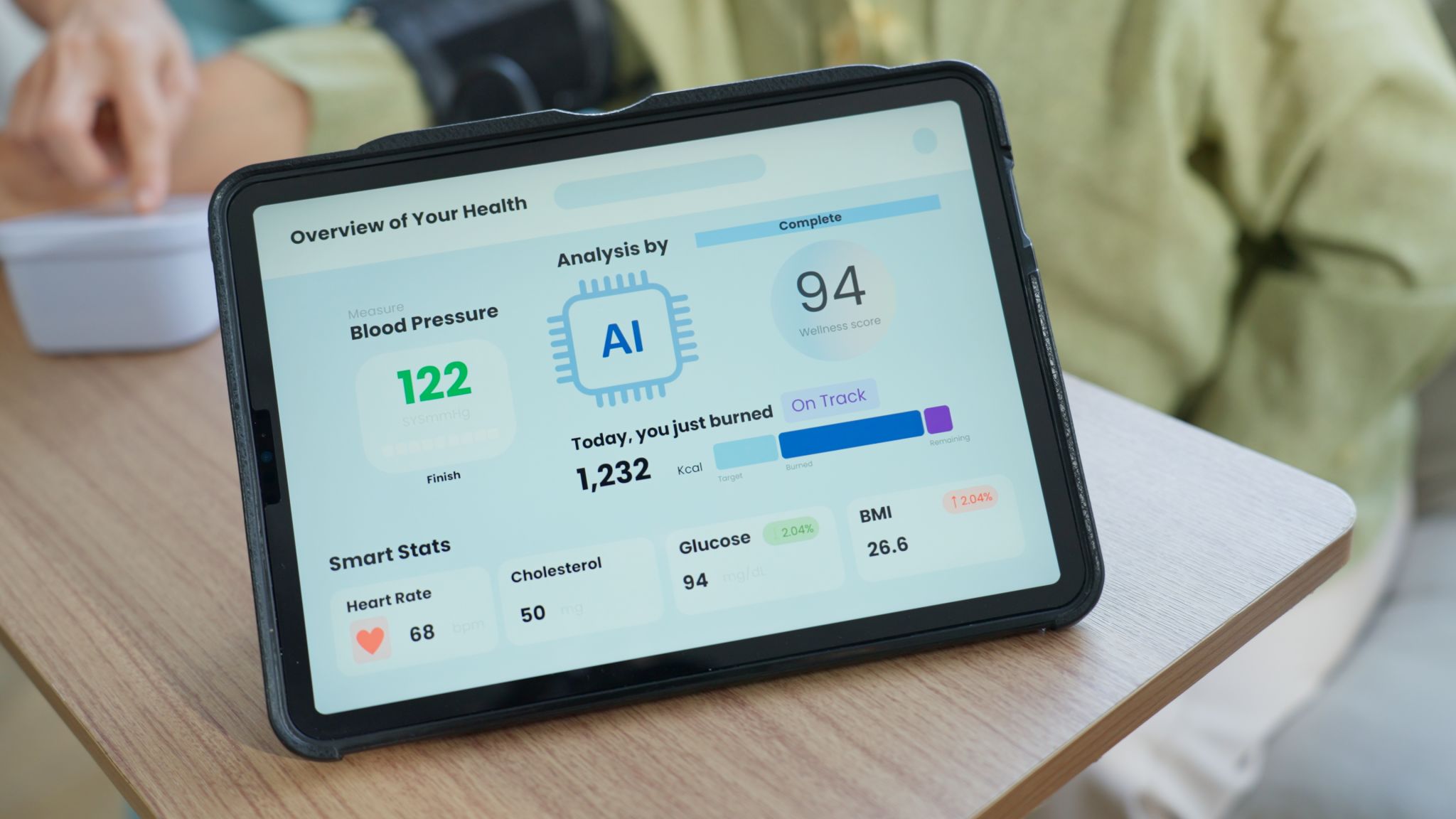Comparing AI-Driven Healthcare Solutions: What Sets Them Apart?
Introduction to AI-Driven Healthcare Solutions
Artificial Intelligence (AI) is transforming healthcare by providing innovative solutions that improve patient care, increase efficiency, and reduce costs. As more healthcare providers adopt AI-driven technologies, understanding the differences between various solutions becomes crucial. This post explores some of the primary AI-driven healthcare solutions and what sets them apart.

AI in Diagnostics
One of the most significant applications of AI in healthcare is in diagnostics. AI algorithms can analyze medical images, such as X-rays and MRIs, with remarkable accuracy. These tools assist radiologists by highlighting areas of concern, enabling quicker and more precise diagnoses. What sets diagnostic AI tools apart is their ability to learn from vast datasets, continuously improving their accuracy through machine learning.
Additionally, AI-driven diagnostic tools are revolutionizing pathology by automating the analysis of tissue samples. This automation not only speeds up the process but also reduces human error. The precision of AI in diagnostics is further enhanced by its capacity to detect patterns that may be invisible to the human eye.
AI in Personalized Medicine
Personalized medicine is another area where AI is making substantial strides. By integrating genetic information, lifestyle data, and other health metrics, AI can tailor treatments to individual patients. This customized approach ensures that patients receive the most effective therapies with minimal side effects.

What distinguishes AI-driven personalized medicine is its use of predictive analytics to forecast disease progression and treatment responses. This foresight allows for proactive adjustments in care plans, improving patient outcomes and enhancing quality of life.
AI in Patient Management
AI is also transforming patient management through virtual health assistants and chatbots. These tools provide 24/7 support to patients, answering questions, and offering health advice based on real-time data analysis. By automating routine tasks, healthcare professionals can focus more on direct patient care.
The key differentiator for AI-powered patient management systems is their ability to integrate seamlessly with electronic health records (EHRs). This integration ensures that patient interactions are informed by comprehensive health histories, leading to more personalized and efficient care.

AI in Drug Discovery
Drug discovery is a complex and costly process, but AI is expediting it by identifying potential drug candidates faster than traditional methods. Machine learning models can analyze biological data to predict how new compounds might behave, significantly shortening the development timeline.
What sets AI-driven drug discovery apart is its capability to simulate numerous scenarios rapidly, testing chemical compounds for efficacy and safety with unprecedented speed. This accelerates the journey from research to market, potentially bringing life-saving drugs to patients sooner.
Conclusion
The integration of AI into healthcare is creating a paradigm shift across various domains, from diagnostics to drug discovery. While each solution offers unique benefits, they all share a common goal: enhancing patient care and operational efficiency. As AI technology continues to evolve, its impact on healthcare promises to expand even further, paving the way for a future of more accessible and personalized medical care.